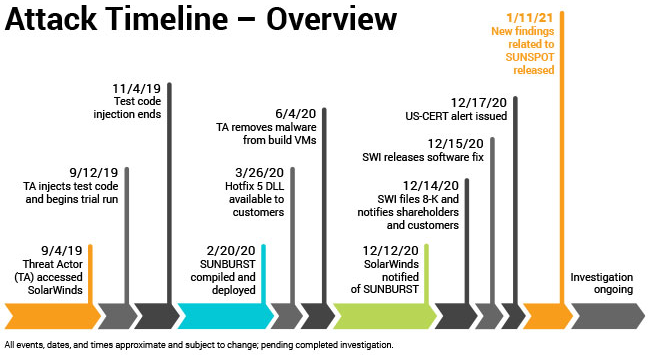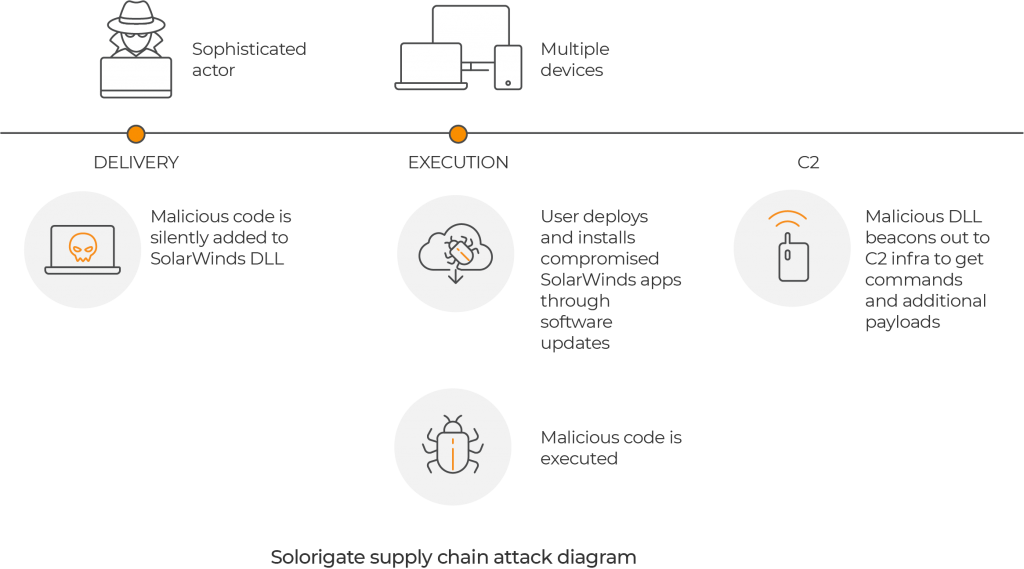
The US Cyber Command, which receives billions of dollars in funding and is tasked with protecting American networks, was "blindsided" by the attack, the New York Times reported.

Not only is the breach one of the largest in recent memory, but it also comes as a wake-up call for federal cybersecurity efforts. Treasury Secretary Steven Mnuchin said on CNBC that the hackers have only accessed unclassified information, but the department is still investigating the extent of the breach. The IRS hasn't found any evidence of being compromised, he added. So were private companies, like Microsoft, Cisco, Intel, and Deloitte, and other organizations like the California Department of State Hospitals, and Kent State University, the Wall Street Journal reported.Īnd since the hack was done so stealthily, and went undetected for months, security experts say that some victims may never know if they were hacked or not, the Wall Street Journal reported.Īt the Treasury Department, hackers broke into dozens of email accounts and networks in the Departmental Offices of the Treasury, "home to the department's highest-ranking officials," Sen. US agencies - including parts of the Pentagon, the Department of Homeland Security, the State Department, the Department of Energy, the National Nuclear Security Administration, and the Treasury - were attacked. Here's a simple explanation of how the massive breach happened, and why it matters. On Thursday, it was reported that the US government was ready to impose sanctions on about a dozen Russian intelligence officials over their alleged role in interfering with the 2020 presidential election as well as the Solarwinds attack. Foreign hackers, who some top US officials believe are from Russia, were able to use the hack to spy on private companies like the elite cybersecurity firm FireEye and the upper echelons of the US Government, including the Department of Homeland Security and Treasury Department. SolarWinds, a major US information technology firm, was the subject of a cyberattack that spread to its clients and went undetected for months, Reuters first reported in December.


SolarWinds was the subject of a massive cybersecurity attack that spread to the company's clients.


 0 kommentar(er)
0 kommentar(er)
